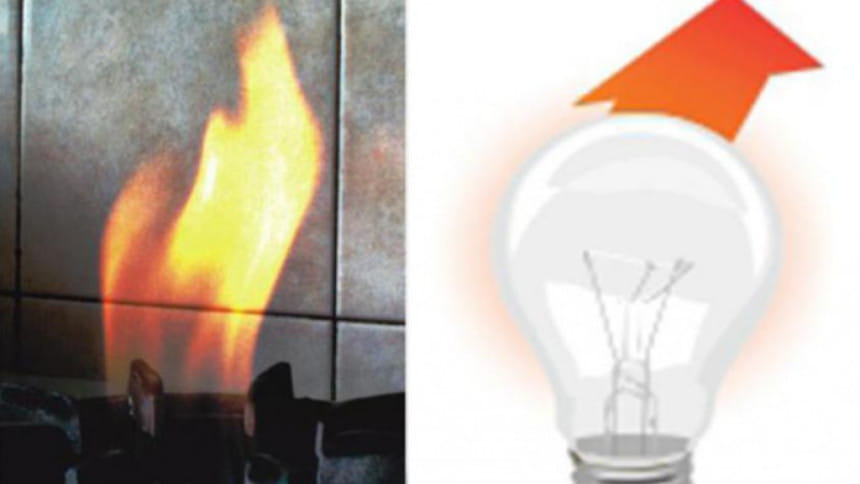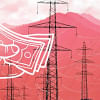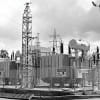Explore alternatives to gas, electricity price hike

We urge the government to seriously consider proposals from the Consumers Association of Bangladesh (CAB), a platform to protect consumers' interests, to explore alternatives to raising gas and electricity prices in Bangladesh. At a time when ordinary people, particularly from low- and middle-income groups, are struggling to stay afloat, any decision from the government to raise gas and electricity tariffs more than it already has will be devastating. We have noted with alarm the recommendation of Bangladesh Energy Regulatory Commission (BERC) to raise the gas price by 20 percent and electricity price by 58 percent on average. Such a decision would not only be cruel, but also unmerited, given the widespread mismanagement and inefficiencies in the power sector—validated by our policymakers for decades—which have been driving the prices up, year after year.
Urging the government to take initiatives to cut the predatory expenditure of Tk 6,588 crore in the power sector, which it pays as "capacity charge" for surplus electricity, CAB pointed out that the government can save Tk 10,321 crore by reducing dependency on the privately-owned quick rental plants and single-cycle power plants. They also recommended withdrawing the recently imposed taxes on the import of petroleum, reinstating the tax break on the import of petroleum, and importing furnace oil through the state-run Bangladesh Petroleum Corporation instead of private importers, saving the government at least Tk 16,279 crore. To reduce the price of gas, CAB urged the government to opt out of importing high-priced LNG, and instead explore gas in the sea and focus on the existing fields to improve production by overhauling or augmentation.
It is clear to all external observers at this point that there is a major need for radical reform in the energy sector, but unfortunately, we are yet to get any indication from our policymakers that they are considering the changes desperately needed to make the sector efficient as well as cost-effective.
We urge the ministries concerned—and the prime minister in particular, who will reportedly make the final decision regarding prices—to explore all other alternatives before coming to the suicidal conclusion to raise gas and electricity tariffs, and fuelling another round of inflation in an already volatile economy. It's not just consumers; businesspeople, too, have warned of the grave repercussions of such a hike. It would significantly raise production costs, making it impossible for export-oriented businesses in particular to compete with other countries, and lead to further reduction in our already depleting foreign exchange reserves. The government must do what is necessary to reign in the mismanagement and systemic losses in the sector, instead of punishing the consumers, as well as the economy at large, for its failed policies.

 For all latest news, follow The Daily Star's Google News channel.
For all latest news, follow The Daily Star's Google News channel. 








Comments